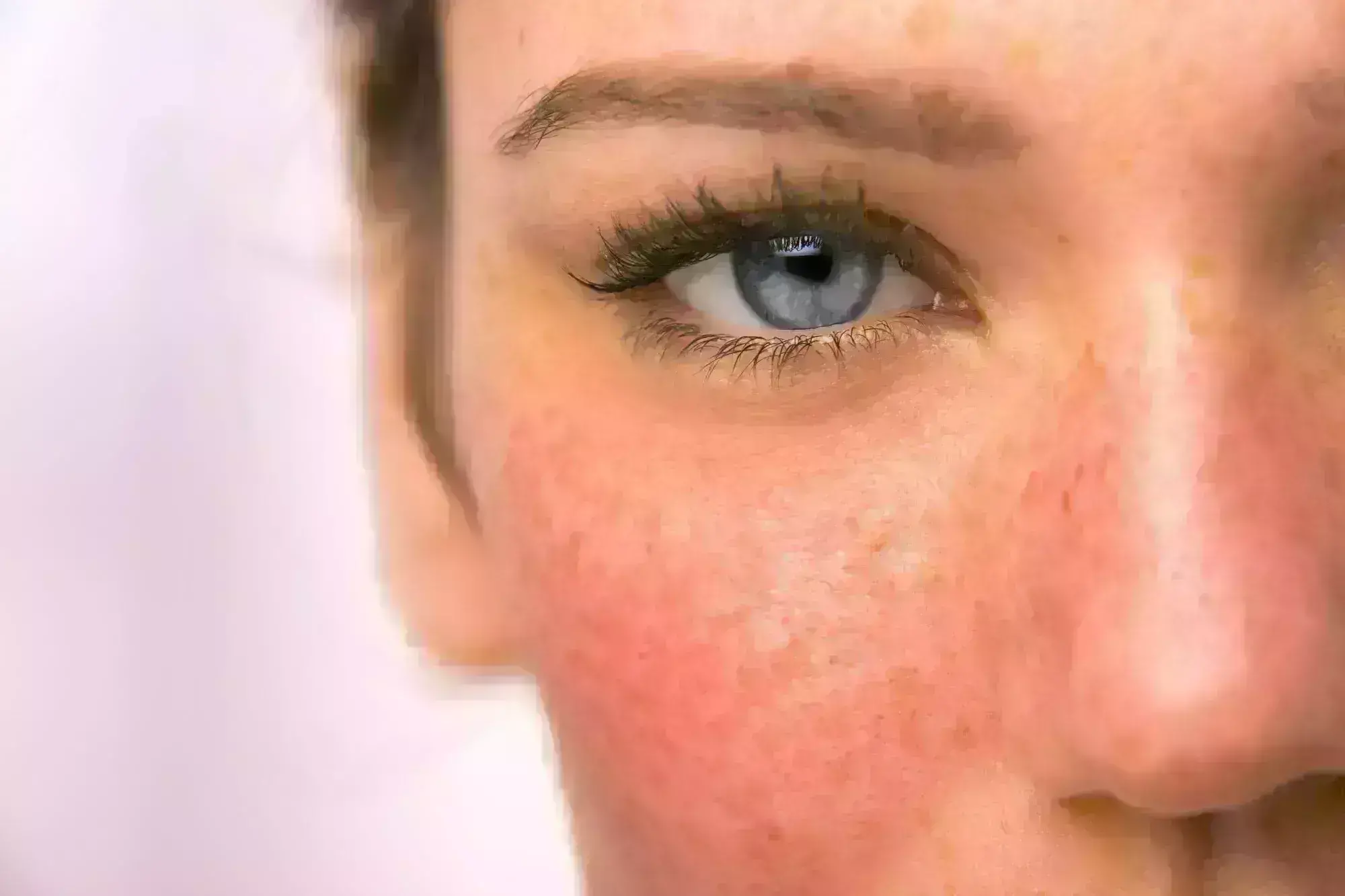- Home
- Medical news & Guidelines
- Anesthesiology
- Cardiology and CTVS
- Critical Care
- Dentistry
- Dermatology
- Diabetes and Endocrinology
- ENT
- Gastroenterology
- Medicine
- Nephrology
- Neurology
- Obstretics-Gynaecology
- Oncology
- Ophthalmology
- Orthopaedics
- Pediatrics-Neonatology
- Psychiatry
- Pulmonology
- Radiology
- Surgery
- Urology
- Laboratory Medicine
- Diet
- Nursing
- Paramedical
- Physiotherapy
- Health news
- Fact Check
- Bone Health Fact Check
- Brain Health Fact Check
- Cancer Related Fact Check
- Child Care Fact Check
- Dental and oral health fact check
- Diabetes and metabolic health fact check
- Diet and Nutrition Fact Check
- Eye and ENT Care Fact Check
- Fitness fact check
- Gut health fact check
- Heart health fact check
- Kidney health fact check
- Medical education fact check
- Men's health fact check
- Respiratory fact check
- Skin and hair care fact check
- Vaccine and Immunization fact check
- Women's health fact check
- AYUSH
- State News
- Andaman and Nicobar Islands
- Andhra Pradesh
- Arunachal Pradesh
- Assam
- Bihar
- Chandigarh
- Chattisgarh
- Dadra and Nagar Haveli
- Daman and Diu
- Delhi
- Goa
- Gujarat
- Haryana
- Himachal Pradesh
- Jammu & Kashmir
- Jharkhand
- Karnataka
- Kerala
- Ladakh
- Lakshadweep
- Madhya Pradesh
- Maharashtra
- Manipur
- Meghalaya
- Mizoram
- Nagaland
- Odisha
- Puducherry
- Punjab
- Rajasthan
- Sikkim
- Tamil Nadu
- Telangana
- Tripura
- Uttar Pradesh
- Uttrakhand
- West Bengal
- Medical Education
- Industry
Microbotox Shows Promising Results in Treatment of Acne and Rosacea

Botulinum toxin has been used to treat persistent erythema and flushing in rosacea for several years. A recent study added further value and reported that botulinum toxin improves mild-to-moderate acne vulgaris and erythematotelangiectatic rosacea. The study findings were published in the Journal of Cosmetic Dermatology on March 21, 2022.
There are several treatments for the management of rosacea, stratified according to the predominant lesions and their severity. However, the response of erythematotelangiectatic rosacea to conventional treatment is currently unsatisfactory. The application of intradermal botulinum toxin is an alternative treatment for refractory erythema and flushing. This intervention has demonstrated more prolonged effects without a rebound effect.
Botulin toxin (BTX) is a potent neurotoxin produced by the bacterium Clostridium botulinum, since its approval by FDA in 2002 for the cosmetic purpose has been widely used. Previous studies have shown that botox exerts its activity on various types of skin cells and can be used in some dermatological diseases. To further explore its effect, Dr Lucia Calvisi MD and her team conducted a study to demonstrate how to use a peculiar dilution of botulinum toxin type A in the treatment of some dermatological diseases like mild-to-moderate acne vulgaris and erythematotelangiectatic rosacea.
In this present study, the researchers included 50 patients among which 35 patients had mild-to-moderate acne, and 15 patients had erythematotelangiectatic rosacea. The researchers treated both groups of patients with a specific dilution of onabotulinum toxin A called Microbotox. They further assessed patients' images which were before and 4 weeks after the treatment.
Upon evaluation, both the researchers and the patients were extremely satisfied with their treatments. The researchers reported that there was no immediate or delayed complication in none of both groups of patients.
They wrote, "Botulinum toxin shows a great promise either in dermatological disease like mild-to-moderate acne vulgaris and erythematotelangiectatic rosacea. Microbotox appears to be a valid, long-lasting, and a standardized approach to treat these kind of two disease."
For further information:
DOI: https://doi.org/10.1111/jocd.14692
Keywords: Botulin toxin, Botox, BTX, acne vulgaris, erythematotelangiectatic rosacea, Microbotox, Onabotulinum toxin A, dermatological disease
Journal of Cosmetic Dermatology.
Medical Dialogues Bureau consists of a team of passionate medical/scientific writers, led by doctors and healthcare researchers. Our team efforts to bring you updated and timely news about the important happenings of the medical and healthcare sector. Our editorial team can be reached at editorial@medicaldialogues.in.
Dr Kamal Kant Kohli-MBBS, DTCD- a chest specialist with more than 30 years of practice and a flair for writing clinical articles, Dr Kamal Kant Kohli joined Medical Dialogues as a Chief Editor of Medical News. Besides writing articles, as an editor, he proofreads and verifies all the medical content published on Medical Dialogues including those coming from journals, studies,medical conferences,guidelines etc. Email: drkohli@medicaldialogues.in. Contact no. 011-43720751


